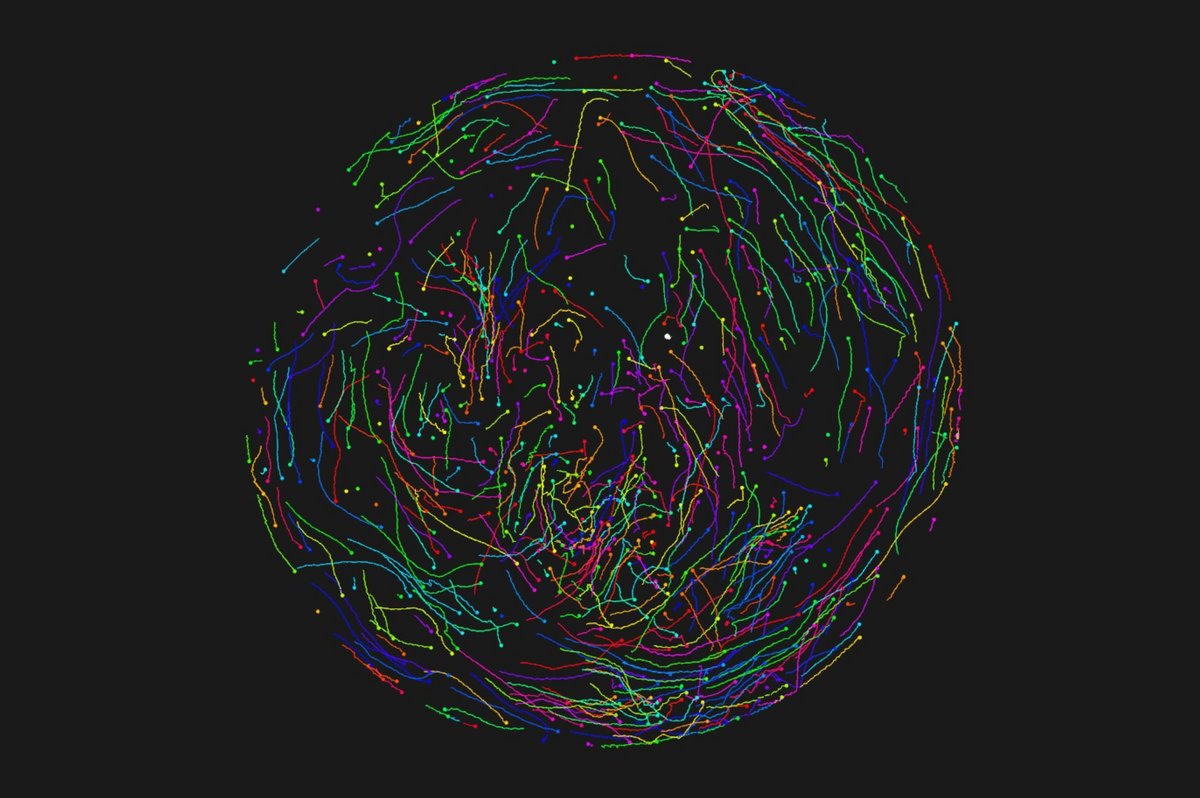Collective behaviour provides the basis for many fundamental processes in the biological, physical and technological spheres: from cells coordinating to form a body, to animal swarms and the functional complexity of our own human society.
The Cluster of Excellence "Centre for the Advanced Study of Collective Behaviour" (EXC 2117) at the University of Konstanz works in close partnership with the Max Planck Institute of Animal Behavior and creates synergies between the fields of biology, computer science, physics, economics, sociology and psychology. Our scientists develop and utilize cutting-edge technologies to quantify the actions and characteristics of collectives in nature at different scales.
Together, this allows us to address pressing questions across species and organizational scales, from neural mechanisms and individual perception and preferences to collective outcomes in groups or entire societies. This research vision is supported by globally-unique facilities, including the 1,800 m3 Imaging Hangar, a lab with a state-of-the-art motion-capture system for studying collective behaviour in large scales, and the ultra-high-resolution Data Theatre with an ultra-high resolution large screen LED wall for data visualization and analysis. Both facilities are located in the Centre for Visual Computing of Collectives (VCC) research building, which opened in 2021. Furthermore, the space-based animal tracking system ICARUS (International Cooperation for Animal Research Using Space) is being developed further to work with small satellites. The satellites are set to launch in autumn 2024. These unique facilities enable our researchers to undertake ambitious transdisciplinary projects.
Within the field of collective behaviour research, the University of Konstanz has thus spearheaded the integrated study of collective behaviour across a wide range of species, including humans.


